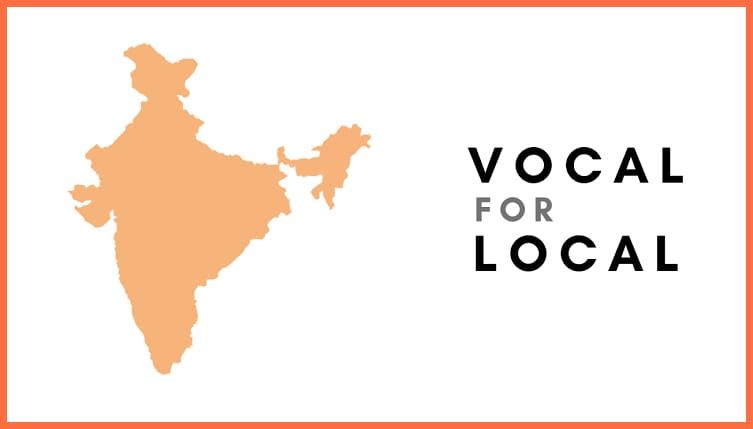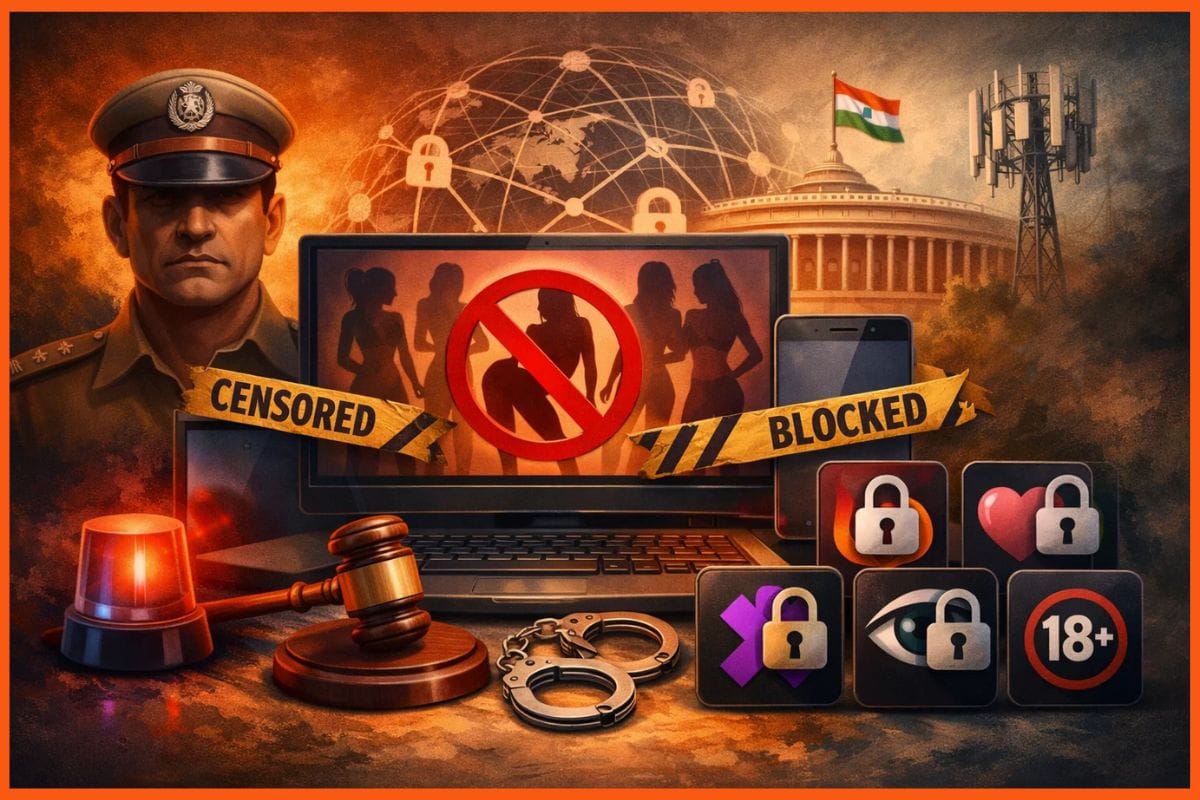How India is Boycotting Chinese products
china
In this time of pandemic, China is pushing borders against India and other neighboring countries.China has a powerful and bigger weapon and that is Economy and that is why China is getting political. China is using its economy to dominate our neighbouring countries and thus it is becoming a superpower.
It is the worst time for India to go on a war as our economy is down and this war
couldn’t be won by money as China has its allies around us. It is helping our neighbouring countries in infrastructure and other projects but if no one uses them, it becomes difficult for these countries to pay back China. China also overstates his own bills and there comes China again and asks to handle the operations and takes control over these infrastructures so that it can use these bases as military base in times of war and be prepared. In case, the war is held, it will be from all the sides as we are surrounded by China’s allies. China has a military base in Africa and it is using it to threaten U.S. However, India is taking serious precautions to make China realise that it will impact their economy as well.
Although this is not for the first time as the supporting stand of China towards
Pakistan pot URI attack also led to a campaign to boycott Chinese products in India. However, this time, many social media influencers are coming up with several reasons to boycott Chinese products to spread awareness among Indian citizens. I would like to share some YouTube links which are helpful to understand the agenda of China for using Economy as a weapon against India:-
SonamWangchuk
Baba Ramdev
These videos will also help in understanding the reasons to boycott Chinese products. There are many alternatives available for the Chinese apps and if we start using these alternative apps instead of the Chinese apps, it will affect the economy of China. As India is the biggest importer of Chinese goods and trade deficit of India with China is one of the biggest between two trading partners.
A boycott is only possible if we start using alternatives from other countries or we become self-reliance as our honorable Prime minister wanted to say and import substitution can be done. If we will be able to boycott Chinese products completely then China will be in a situation where he will need to think twice before waging a war against any neighbouring countries. Our country now needs to manufacture products which are ‘Made in India’ but are ‘Made for the world’.
Here are some examples, how Indians are totally depend on Chinese apps and using them continuously and on daily basis and these apps are the reason behind the growth of Chinese Economy:
Apps that are Invested by China
- Paytm
- Byjus
- Ola
- Oyo
- Swiggy
- Zomato
- Big basket
Also Read: List of Popular Chinese Apps in India
Chinese Mobile Apps in India
- Tik-tok
- UC browser
- Pubg
- Xender
- Cam Scanner
- Like
Chinese Phone Companies
- Xiaomi
- OnePlus
- Gionee
- Oppo
- Vivo
- Huawei
Essentials exported from China
- Medicine ingredients
- Solar products,
- Semiconductors
- Fertilizers
- Machines
According to facts provided by some news and personals, China is using the data from the Chinese invested apps and Chinese apps to gain information and also some information have been hacked by China through these apps as well.Recently a person from Vadodara Twitter account was hacked and the access point were seen as China. He stated that his account was synced with Pubg mobile and that might be the reason of hacking. China is a stakeholder in the company Tencent which has developed Pubg. Now this becomes more important to boycott these Chinese apps, to protect your data and information and also in order to support India so that China’s biggest weapon can be used against
them.
Also Read: 10 Surprising Insights Of Chinese Apps And Their Alternatives
NO MORE CHINA PRODUCTS: POSSIBLE BOWL FOR INDIA ?
India is also trying their best to deal with China and make them taste their own medicine. They have reviewed the FDI so that Indian can’t Chinese puppet like our neighbouring countries. We are late but we are not in China’s trap and we have learnt the truth about China’s economy.

Prime Minister Modi in his address to the nation on May 12, 2020 launched a 'VOCAL FOR LOCAL' campaign. He urged the citizens of India to buy and promote local goods and brands. The Prime Minister further said that global brands were once local but when people started supporting them they went global.
It is known that India and China are the two fastest growing economies in the world and India is the largest importer of Chinese goods and services in the world.
The trade deficit between India and China is the largest among the major trading partners. It is interesting to note that India imports about seven times more from China than it exports. India imports more than $ 50 billion worth of goods from China and exports $ 2.5 billion worth of goods to China.
It is a known fact that Chinese products are very cheap compared to their Indian counterparts. In addition, the Chinese government also provides subsidies to its exporters. India spends around 9% on transportation, energy etc., but this cost is nil by the import duty imposed on China by India. To avoid import duties, many Chinese companies use trans-shipment routes — sending goods to Bhutan and then India.
Globalization has spread its roots so deep in our lives and the supply chain is so interconnected, the productions process is so complex that it is difficult to isolate one country and boycott it’s goods completely but as Mr. Sonam Wangchuk mentioned, systematic and phased boycott is possible. We can starts from stop using the Chinese software in a week and hardware in a year. We need to constantly make efforts to ease the business environment in India and bring out labour reforms and look for less expensive alternatives which will take time but it is the time to make some uncommon decisions that will impact our lives and will help Indian Economy and will impact Chinese Economy as well.
The Confederation of All-India Traders (CAIT)

A traders' organization, on Sunday expressed solidarity with the Ladakh-based educational reformer and visionary Sonam Wangchuk's appeal to boycott Chinese goods.
Tension between India and China, the man who inspired Bollywood blockbuster "3 Idiots", has appealed and asked Indians to boycott all Chinese companies.
In a tweet, the engineer-turned-education reformer asked people to boycott all Chinese products in Ladakh to stop Beijing's "bullying" and to free 1.4 billion bonded labourers in the country.
CAIT, which claims to represent seven crore merchants, said it had identified around 3,000 categories of heavily imported Chinese products "which should be immediately replaced by Indian products as good quality for such products Indian replacements are available "
CAN INDIA REALLY BOYCOTT CHINESE PRODUCTS
- India imports many raw materials as well as finished products like steel, minerals etc. from China. When it comes to boycott imports from China, this can only be done in the case of finished goods but the import of raw materials from China cannot be stopped.
- India also imports consumer durable like electrical appliances, mobile phones, cars etc. Medicinal drugs like leprosy, antibiotics etc. from China. In addition, the Chinese smartphone market accounts for $ 8 billion of India's smartphone market (Lenovo, Oppo, Vivo, etc.). If India planned to boycott Chinese products, India's GDP would fall drastically.
- After the launch of 'Make in India' campaign by Prime Minister Modi, many Chinese companies have set up their units in India, employing hundreds of thousands of workers in India. If India boycott Chinese products, these companies may face pressure from Chinese authorities to stop their production in India, leaving hundreds of workers unemployed.
As mentioned above, India imports about seven times more from China than its exports. If India plans to boycott Chinese products than find an alternative that can match the cost and availability is almost impossible. Thus, India's GDP can be contracted.
5- It is interesting to note that almost every product we use has a little bit of China. Smartphones, laptops, air conditioners, etc. which we use in our daily life, some parts are manufactured in China.
We must understand that the present process of manufacturing is interlinked. For example, a phone is made with the help of Chinese laborers and land, investment from a different country says that the US has made an innovation from Japan and can end the Made in India apps. Every product has the same process when it comes to labor, investment, innovation, etc. Thus, it can be concluded that each nation cannot be separated nor its good can be boycotted.
Many countries in the world started boycotting products from various countries, but were unsuccessful due to the complex manufacturing process. Some of them are listed below:
1- In 1930, China tried to boycott all Japanese products to protest against the Japanese colony, but failed.
2- In 2003, the US attempted to boycott French goods after 9/11 in protest of France's refusal to send troops to Iraq but then failed.
SO IS THERE ANY ALTERNATIVE?

Recently, Sonam Wangchuk answered several questions on the boycott of Chinese products. He said that the customer is king. This means that consumers should stop using Chinese products. He chanted a boycott of China's software in a week, hardware in a year, finished and non-essential products in a year, and systemic boycott of essential products, raw materials, etc. in the coming years.
We can also implement the import-substitution method in India to boycott Chinese products. This means that the products we import from China can be manufactured in India, but in the short term this is impossible.
The Indian government should reduce the rates at which loans are issued to Indian companies like China. In addition, the government should provide infrastructure, services, etc. to prepare Indian companies to compete with China. India may boycott Made in China products but in a systematic and planned manner as stated by Sonam Wangchuk.
Must have tools for startups - Recommended by StartupTalky
- Convert Visitors into Leads- SeizeLead
- Website Builder SquareSpace
- Run your business Smoothly Systeme.io
- Stock Images Shutterstock





